Tag:
community health workers
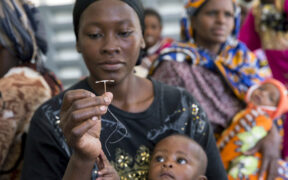
This article highlights the evolving landscape of family planning and reproductive health in Kenya, shedding light on the significant progress made while addressing persisting challenges.
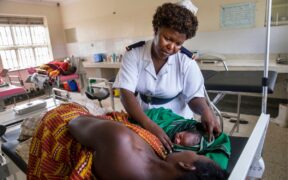
Professionals can discuss various family planning options, educate you about their effectiveness, and help you understand potential side effects and risks associated with each family planning method.
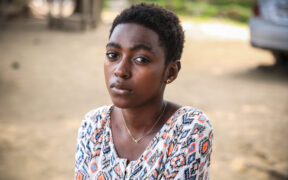
In some areas, FGM is carried out during infancy, as early as a couple of days after birth. In others, it takes place during childhood, at the time of marriage, during a woman's first pregnancy or after the birth of her first child.

Katosi Women Development Trust (KWDT) is a registered Ugandan non-governmental organization that is driven by its mission to enable women and girls in rural fishing communities to effectively engage in socioeconomic and political development for sustainable livelihoods. KWDT Coordinator Margaret Nakato shares how the implementation of a fishing project under the organization’s economic empowerment thematic area is promoting gender equality and women’s meaningful participation in socioeconomic activities, especially in Uganda’s fishing space.
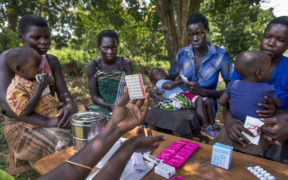
Marie Stopes Uganda’s Gulu Light Outreach provides free mobile clinics that engage Northern Ugandan communities on reproductive health. Using peer-to-peer influence and outreach in markets and community centers, the team educates young people on contraceptives. It aims to spur family planning and support a culture that prioritizes the futures of its youth and the sustainability of its environment.
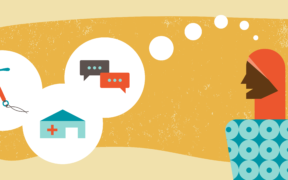
Working side-by-side with committed governments, implementers, and funders, Living Goods aims to save lives at scale by supporting digitally-empowered community health workers (CHWs). With its support, these local women and men are transformed into frontline health workers who can deliver on-demand, life-saving care to families in need. They go door-to-door treating sick children, supporting pregnant mothers, counseling women on modern family planning choices, educating families on better health, and delivering high-impact medicines and health commodities.
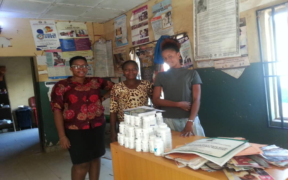
Parkers Mobile Clinic (PMC360) is a Nigerian non-profit organization. It brings integrated health care services, including reproductive health services, to the doorsteps of people in rural and remote areas. In this interview, Dr. Charles Umeh, the founder of Parkers Mobile Clinic, highlights the organization’s focus—tackling health inequality and overpopulation to improve population, health, and environmental outcomes.
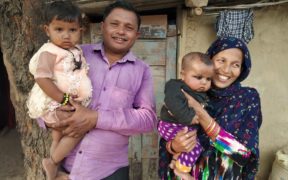
Today, Knowledge SUCCESS is pleased to announce the first in a series that documents “What Works in Family Planning and Reproductive Health.” The new series will present, in depth, essential elements of impactful programs The series uses innovative design to address some of the barriers that traditionally discourage people from creating or using documents that share this level of detail.
![Photo of [name] at work. Photo courtesy of Living Goods](https://knowledgesuccess.org/wp-content/uploads/2021/02/thumbnail_image001-288x180.jpg)
The Knowledge SUCCESS East African team engaged its partners at Living Goods East Africa (Kenya and Uganda) for an in-depth discussion on their community health strategy for implementing programs and how innovations are essential towards enhancing global development.
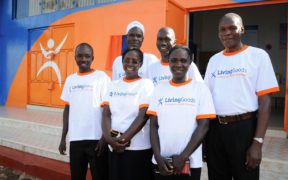
Community health workers (CHWs) used digital health technology to advance access to family planning care at the community level. CHWs are a critical component of any strategy to bring health services closer to people. The piece calls on policy makers and technical advisors to sustain investments in the digitization of community health programs to reduce unmet need for family planning.













